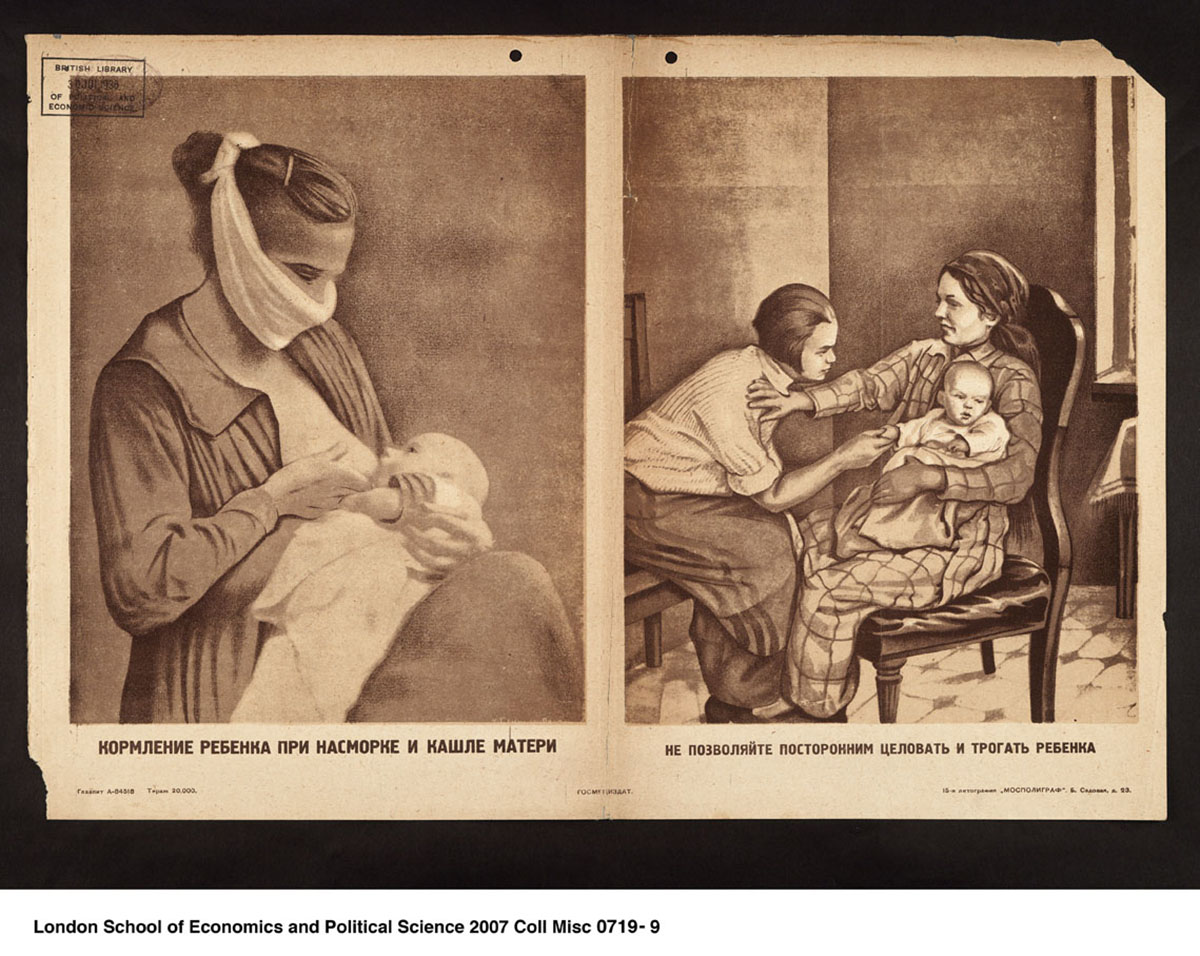
In croup, swelling of larynx and trachea lead to a specific form of cough which is harsh and sounds like a lion's roar. This disease is caused by parainfluenza virus and some other respiratory viruses. The specific cough most commonly affects children since their respiratory tract is narrow and any swelling interferes in normal passage of air.
Is Croup Contagious
Croup is very contagious. The disease can be transmitted via tiny droplets of saliva which are ejected either during coughing or sneezing. Even indirect transmission is possible. This means that these droplets may be found on doorknobs, furniture, toys and clothes. Even though the transmission is possible in all people, croup generally affects only children younger than 5 years of age.
The most suitable time for transmission of the disease is during the first days when symptoms start to occur. The sick child can secrete and spread the virus until the fever goes away and until the cough completely withdraws.
Symptoms of Croup
The leading symptom of the disease is high-pitched cough which occurs in inhalation respiratory phase. Child additionally suffers from difficulties with swallowing, is anxious and irritated. Body temperature is increased.
In severe attacks of the cough the child may become cyanotic which reflects in bluish discoloration of the lips, nose and fingertips.
Treatment for Croup
The symptoms of the disease can be partially alleviated by intake of plenty of water and other fluids such as tea, fresh juices, lemonade and milk. Proper hydration is essential. Apart from that symptoms may improve with inhalation of moist air. Moist cloth can be gently placed on the child's mouth and nose. The air in the room can be kept moist by a vaporizer. And finally, breathing of the warm steam can be of additional help. Hot air may relax the stiff and edematous vocal cords.
Parents should hold the child in sitting position. The breathing is generally better in this position. The child should not sleep alone. Parents need to be present with the child all the time. This way the child will feel more secure. Even the panic which normally occurs in the attack of the cough can be significantly reduced if parents do not panic themselves and try to calm and comfort their child.
In serious cases a child requires hospitalization. The doctors will choose the appropriate treatment. In severe cases the child is administered oxygen and mist therapy. The children who suffer from serious shortness of breath can be even given either oral or intramuscular corticosteroids.


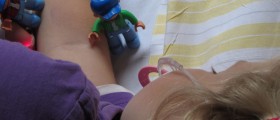


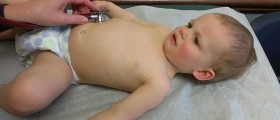

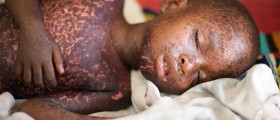



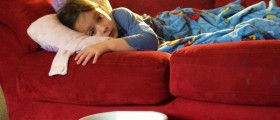




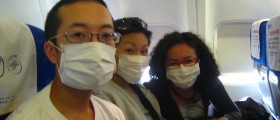
Your thoughts on this
Loading...